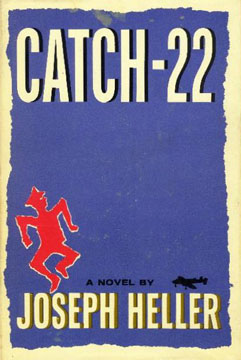Once upon a time In the fall of 2013, I took my paper with Lindsey Novak and Tara Steinmetz on female genital cutting (FGC) on the road. I presented it at invited seminars and at development conferences here and there and received a lot of good feedback before submitting it for publication.
In March of last year, the Journal of Development Economics invited us to revise and resubmit it for publication. One of the best comments we received, however, was that we were only looking at Senegal and The Gambia for the most recent years available, and since there existed comparable data sets for most of West Africa over several years, why not expand the analysis to cover West Africa, thereby gaining in external validity?
And so Lindsey got to work on cleaning 36 additional country-year data sets, i.e., all of the available Demographic and Health Surveys and Multiple Indicators Cluster Surveys for West Africa, for all available years, which included questions about FGC. This occupied us Lindsey for the better part of this last year (and because the data sets are repeated cross-sections which vary a bit in how they were collected both between and within countries, this generated an almost 200-page appendix), but we finally have a revised version of the paper.
